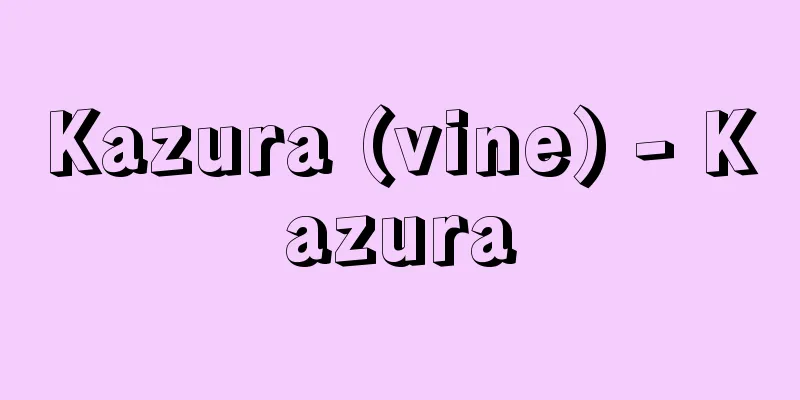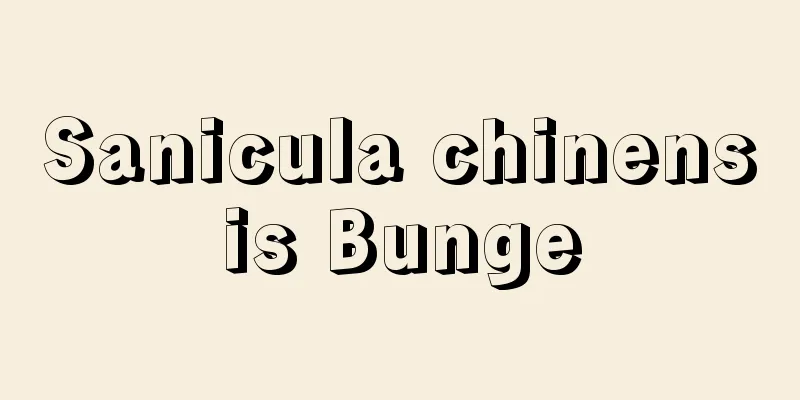Khoshun (English spelling)

|
The name of the Mongolian military and administrative organizations. Originally meaning "beak" or "battle flag." It came to be used as a military unit in the 15th and 16th centuries, but the number of soldiers that made up the unit was not fixed, sometimes less than 1,000 and sometimes more. When Mongolia came under the control of the Qing Dynasty in the 17th century, the Mongolian tribes were organized into "banners" (khoshun) as administrative organizations, and the heads of the banners gained a certain degree of autonomy. Currently, banners are placed under leagues as administrative units in China's Inner Mongolia Autonomous Region. Source: Heibonsha World Encyclopedia, 2nd Edition Information |
|
モンゴルの軍事組織,また行政組織の名。もともとは〈くちばし〉〈軍旗〉の意。15~16世紀ごろに軍団の単位として用いられるようになったが,それを構成する兵士の数は一定せず,1000人以下の場合も以上の場合もあった。17世紀モンゴルが清朝の支配下に入ると,モンゴルの各部族は行政組織としての〈旗(き)(ホシュン)〉に編成され,旗の長は一定の自治権を得た。現在では中国の内モンゴル自治区の行政単位として,盟の下に旗が置かれている。
出典 株式会社平凡社世界大百科事典 第2版について 情報 |
Recommend
Kyrgyz - Kirghiz
…2.53 million (1989) live in Central Asia, former...
Babylon the Great - Babylon the Great
...After that, in the chaos of the 3rd century, t...
orbiting astronomical observatory
…Following this spectacular start of the space ob...
Astyages (English spelling)
Last king of ancient Media (reigned c. 585-c. 550 ...
Circaeaster agrestis Maxim.
A small annual plant found in southwestern China a...
Furyu - Elegant
〘noun〙① The style left by one's ancestors. Tra...
BSO - Broad System of Ordering
A general classification table designed and develo...
Young Ireland Party
A political group formed in the mid-19th century ...
perf
… Perforations are small holes made on all four s...
Ligurians - Ligurians (English spelling)
An indigenous people who lived in Spain and northw...
Land division - Warichijiwari
The term "chiwari" generally means simpl...
Reproduction scheme
A mathematical formula that theoretically abstract...
mint
There are many types of mint herbs. The three most...
Kanada [town] - Kanada
An old town in Tagawa County, in the north-central...
Allegri, G.
A cappella is a group of musicians who composed c...









